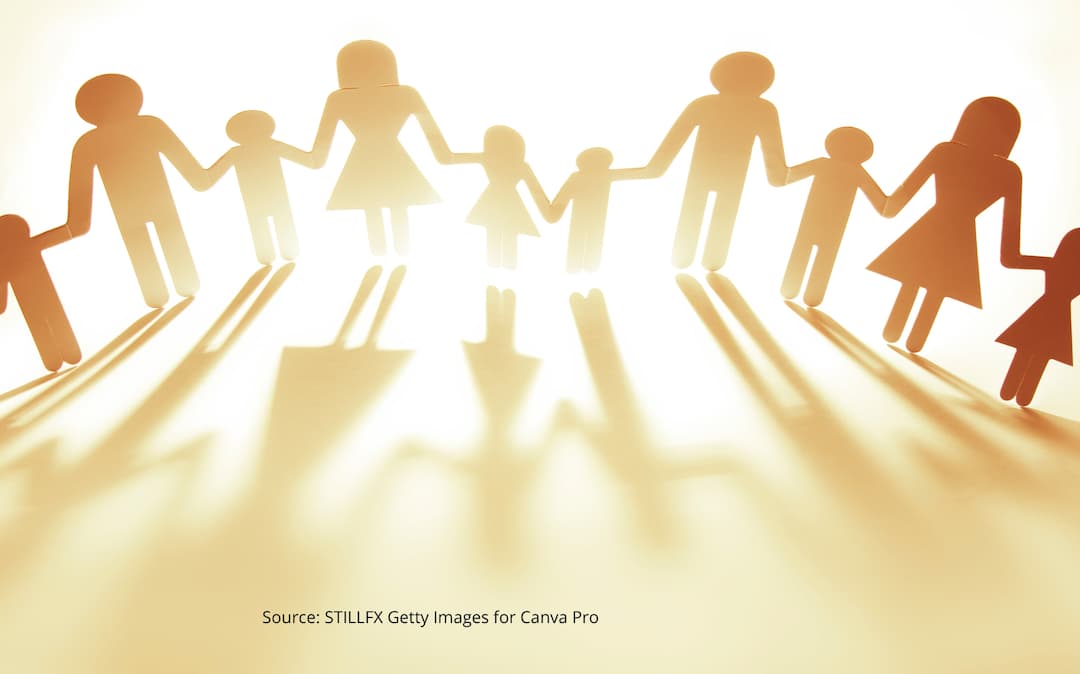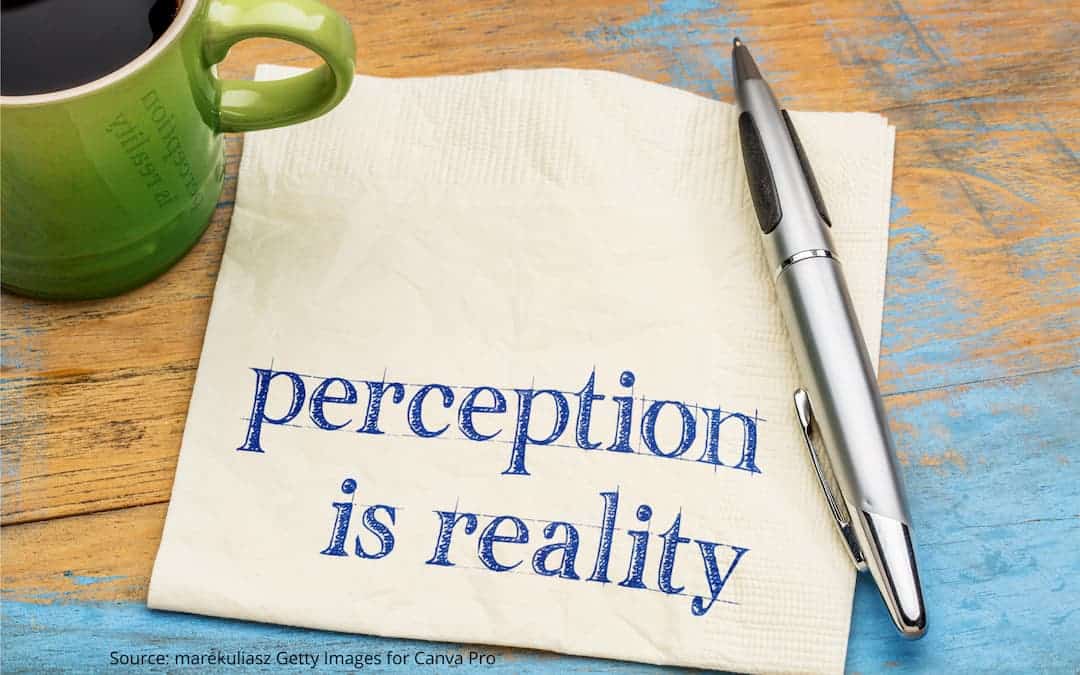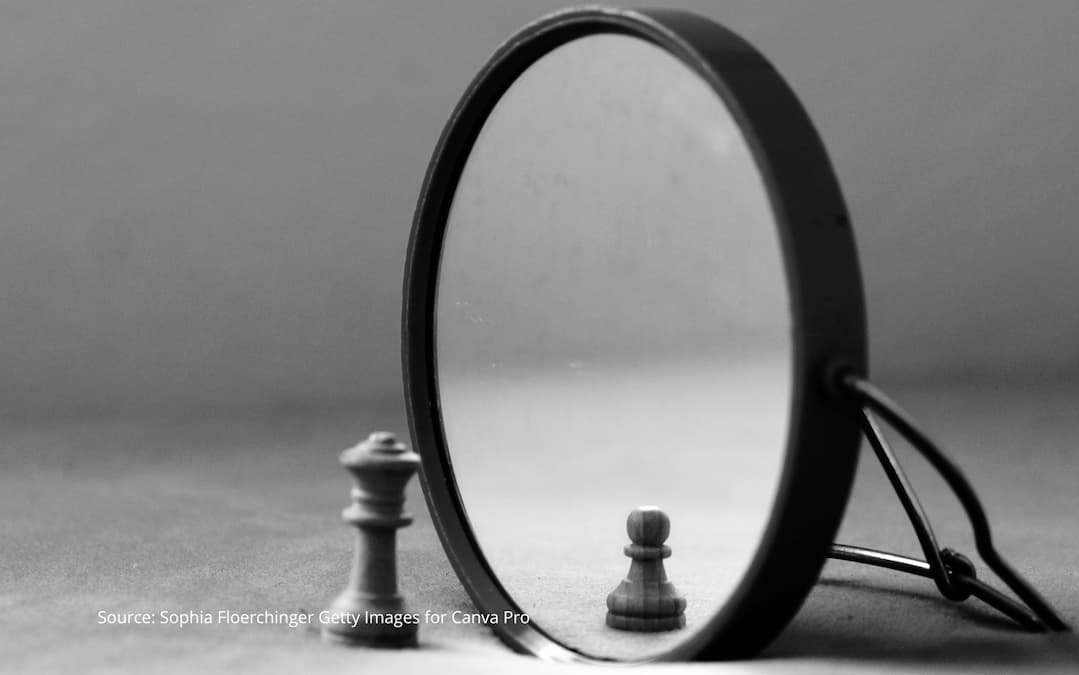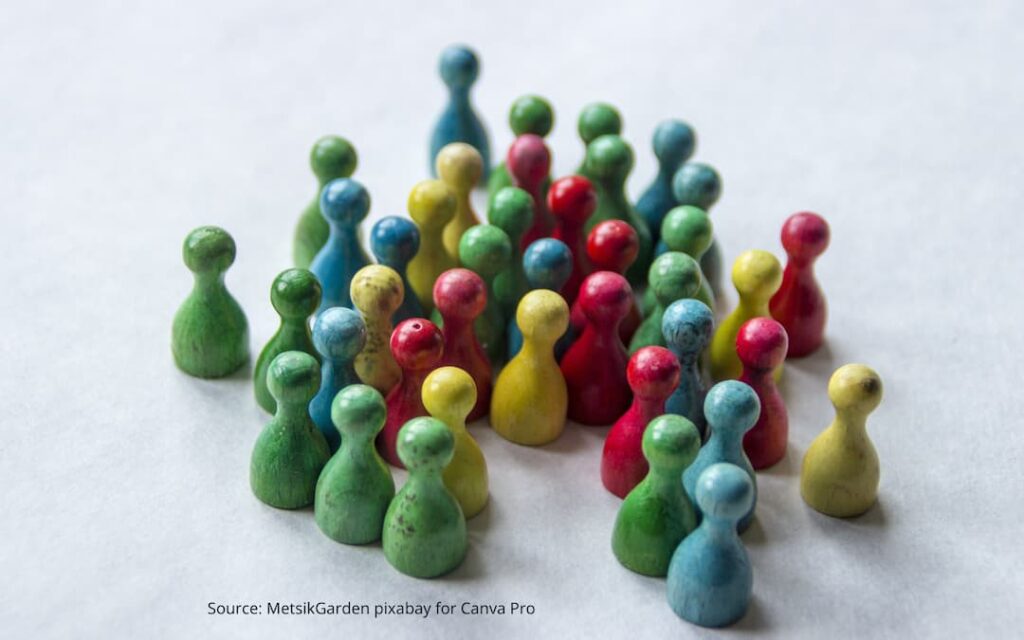If you have ever found yourself baffled by someone’s response to a situation, you have seen the effects of cultural identity. This can be especially perplexing when the situation seems benign to you, but the other person has an extremely negative or positive response. But what is cultural identity and why does it matter?
Culture, in this context, refers to the beliefs, norms, behaviors, and values that a given group of people deem acceptable. Whereas identity is about knowing what is acceptable and true for yourself. We form a cultural identity when we subconsciously interpret and incorporate signals from the world around us into our own identity so we can belong. Therefore:
Your cultural identity is a critical piece of your personal identity (and worldview) that develops as you absorb, interpret, and adopt (or reject) the beliefs, values, behaviors, and norms of the communities in your life.
Our cultural identity can evolve, as culture is ever-evolving and dynamic. And while there are people who progress through life without ever thinking about their cultural identity, it is something we tend to become aware of when it’s challenged. This typically happens when we find ourselves in parts of the world or among groups with different cultural norms. Our cultural identity is important because it influences how we interpret and react to such situations, which can affect how successful we are in life.
What Defines and Shapes a Person’s Cultural Identity?
Anytime a group of people unites toward a common objective, a culture begins to form. No matter how large or small the group, there are beliefs, norms, values, and behaviors that emerge.
What makes culture complicated is that many of these defining characteristics go unspoken. The group unconsciously develops certain standards for what is normal and acceptable based on social cues. Then, through our continual exposure to the group, we begin to accept these standards as part of our cultural identity.
Important parts of your cultural identity are shaped due to your affiliation with any number of groups or cultural patterns, some of which we (as a culture) assign to you at birth, such as your:
- family of origin
- race(s)
- local community
- geography
- gender
- religion
- sexuality
- generation
- physical ability
- nationality
- language

Other contributions to your cultural identity occur as you navigate your life and the social constructs (aka social constructions) around you. As you have experiences or develop skills and interests, you join and leave certain communities because you have or lack commonality with their group members. As your life unfolds, you may become involved with many groups including:
- educational institutions
- professional organizations
- social clubs
- online communities
- political or special interest groups
- support groups
To complicate matters further, certain situations and contexts provide an additional filter that allows unique elements of your cultural identity to emerge. For example, if you were born to a family that encouraged you to go to college and pursue a career in science, you might accept this path, join the physics club, and absorb the standards of that group into your own identity.
This is completely normal. Humans are social animals, which means we depend on each other for survival. It’s natural, even necessary, for us to seek a sense of belonging and to look for cultural groups who will accept us for who we are. The challenge arises when we become so fixated on gaining status with our groups that we fail to notice when they aren’t serving us or resist opportunities that arise.
Myths Around Cultural Identity
I often encounter three big myths about cultural identity in my work with clients. And I find that it is critical that we identify and address these myths before my client is ready to move forward.

The first myth is that our cultural identity is fixed, which simply isn’t true. It is dynamic and it evolves as we affiliate ourselves with different groups. Think about some of the beliefs you had as a child that have since changed. This happens due to our exposure to new ways of thinking and as we absorb whatever resonates for us into our cultural identity.
The second myth I often hear is that some of us don’t have a cultural identity at all. The reality is that everyone has one. However, many of us are unaware of our own cultural identity and how it influences every single aspect of our life.
The final, and perhaps most dangerous myth, is that our own cultural identity is mainstream, i.e., many of us believe we interpret situations the same way others do. When this is the case, our desire to understand the world can result in the creation of mental shortcuts that influence how we interact with someone who has a cultural identity that’s different from ours.
The danger of these shortcuts is that they can lead to generalizing and stereotyping. When this occurs, we prejudge people as “friend or foe,” the latter of which can trigger a “fight or flight” response and cripple our ability to have meaningful, healthy, and productive interactions.
When I work with clients, I help them unravel their assumptions about what is normal, right, and true for them. But before we can get to work, it’s important that they understand the strength of cultural influences and how they shape our worldview so they can begin to recognize them in their own life and challenge them as they make decisions about their futures.
Why is Cultural Identity Important?
Our cultural identity influences how we interpret and react to situations, so it is important that we become aware of our own identity in relation to the world around us. Since we have an innate craving to feel a sense of belonging to a group, when we are under stress we tend to subconsciously revert to whatever behaviors make us “feel” safe and accepted. In doing so, we set up invisible barriers within ourselves and between ourselves and others that impact personal interactions, professional performance, and organizational success.
In my professional life, I’ve seen conflicts arise due to fundamentally different viewpoints and a lack of understanding about the effect of cultural identities. When we develop an awareness of how our identities can act as a catalyst or barrier for growth, we unlock our true potential.
There may also be times in our lives when our own cultural identity comes into conflict with what we encounter in the world around us or what we feel within ourselves to be true. For instance, the person who pursued a career in science (from our example earlier) might eventually have this experience because instead of finding a career path that felt right to them, they did what their family expected of them. This tension, which is often called a cultural identity crisis, can create discomfort and even distress.
How to Cope With a Cultural Identity Crisis

Should you experience a cultural identity crisis, you may feel a natural tendency to ignore or blame other factors for the conflict. However, it is important to pay attention to yourself and to examine the cultural conditioning that formed your cultural identity in the first place. Here are three things you can do to begin this process:
- Pause and begin building your awareness around your own cultural identity. Our Identifying Your Cultural Contributors worksheet can help you get started.
- Once you have raised your awareness around your own identity, consider where your identity may be misaligned with the situation at hand. Here are some questions to ask yourself:
- How has my cultural identity affected my reaction to this situation?
- What influencers have contributed to building my identity in relation to this situation?
- Does my cultural identity truly reflect the person I want to be going forward?
- If the tension is with another person, try looking at things from their perspective. What influencers and cultural contributors might have impacted the way the other person is approaching the situation?
- Finally, come up with 1-2 actionable steps to address the situation, then commit to reflecting on your own identity regularly. This could be as simple as taking 5-10 minutes each month to revisit the worksheets listed above and considering how any new groups in your life (such as new social groups or a change in employment) are contributing to the growth and evolution of your identity.
The Bottom Line
Your cultural identity is critical to your success because it influences the way you interpret and react to the world around you. Building an awareness of your identity can help you gain a better understanding of the unique contributions you have to offer, both personally and professionally while shedding light on your blind spots. For additional insight, we’d invite you to visit our resources page for more exercises.





